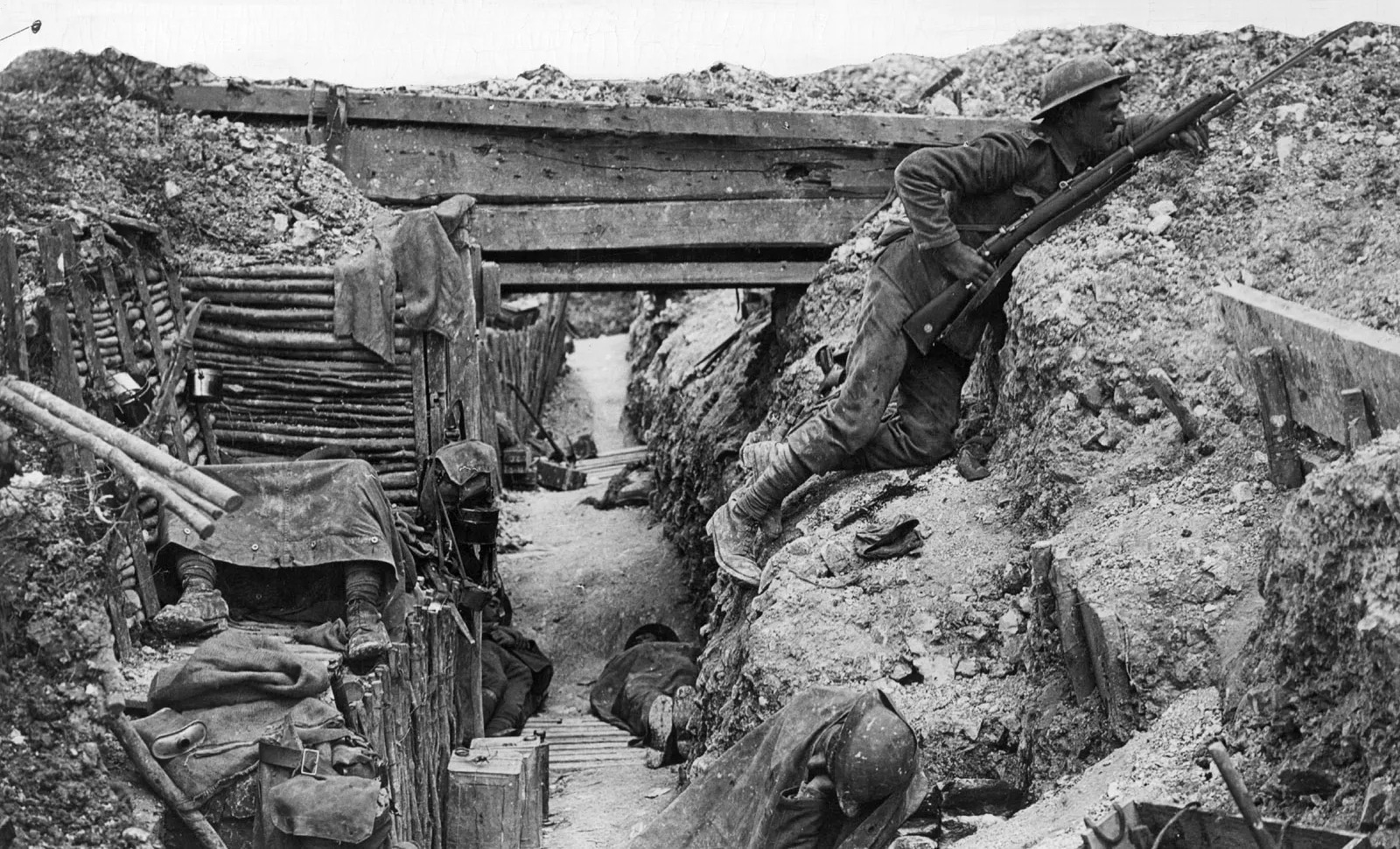World War I, often referred to as the Great War, was one of the most significant and devastating conflicts in human history. It reshaped the geopolitical landscape, led to the demise of empires, and profoundly influenced the course of the 20th century. Understanding the origins of World War I is crucial for comprehending the complex web of events that set the stage for this cataclysmic war. In this 3000-word article, we will delve into the deep-rooted causes, intricate alliances, and the catalytic events that precipitated the outbreak of World War I.
I. Nationalism and Militarism
A. Nationalism
World War I’s origins can be traced back to the late 19th and early 20th centuries when nationalism was rampant across Europe. Nationalism is the belief in the superiority and interests of one’s own nation over others. As European nations vied for power and influence, a potent sense of national pride and competition emerged. This competitive nationalism fueled rivalries and created a volatile atmosphere.
B. Militarism
Simultaneously, the arms race was in full swing. The major powers of Europe, particularly Germany and Britain, were engaged in an arms race to build larger armies and more formidable navies. The militarization of these nations intensified the potential for conflict, as they were equipped with the means to wage war on an unprecedented scale.
II. Alliance Systems
A. Triple Alliance and Triple Entente
Two major alliance systems had crystallized in Europe by the early 20th century. The Triple Alliance, consisting of Germany, Austria-Hungary, and Italy, and the Triple Entente, composed of France, Russia, and Britain, created an intricate network of alliances that would come to define the conflict.
B. Entangling Commitments
These alliances were meant to provide security and deter aggression. However, they also created a web of entangling commitments. When one nation was drawn into a conflict, the alliances compelled others to join in, turning a localized dispute into a continental war.
III. Imperialism
Imperialism was another major factor contributing to the outbreak of World War I. The competition among European powers for colonies and resources around the world intensified. This global scramble for empire heightened tensions, as nations sought to expand their territories and influence. The intense competition over overseas colonies and resources created friction and mistrust among the major powers.
IV. Assassination of Archduke Franz Ferdinand
The spark that ignited the fuse of World War I was the assassination of Archduke Franz Ferdinand of Austria-Hungary in Sarajevo, Bosnia, on June 28, 1914. The Archduke’s assassination by Gavrilo Princip, a Bosnian Serb nationalist, was a direct result of the nationalism that had been simmering in the Balkans. Austria-Hungary issued an ultimatum to Serbia, believing that Serbia had supported the assassins. Serbia’s response was seen as insufficient, leading Austria-Hungary to declare war on Serbia.
V. Escalation and Mobilization
As Austria-Hungary declared war on Serbia, the alliance systems came into play. Russia, allied with Serbia, began to mobilize its forces. Germany, in support of Austria-Hungary, declared war on Russia. Soon, Germany declared war on Russia’s ally, France. Germany then violated Belgian neutrality to launch an invasion of France, prompting Britain, which had a treaty to protect Belgium, to enter the war.
VI. The Domino Effect
The outbreak of World War I can be likened to a chain reaction, a domino effect of declarations of war triggered by the assassination of Archduke Franz Ferdinand. Within a matter of weeks, most of Europe was embroiled in the conflict. The alliance systems, combined with the complex web of rivalries, made it almost impossible for any single nation to prevent the escalation of the war.
World War I, with its devastating consequences and profound impact on the 20th century, was a result of multiple intertwined factors. Nationalism and militarism set the stage for conflict, while imperialism exacerbated rivalries among the major powers. The alliance systems turned regional disputes into a continental war, and the assassination of Archduke Franz Ferdinand acted as the catalyst for a chain reaction of declarations of war.
Understanding the causes of World War I is essential not only to comprehend the conflict itself but also to appreciate the complexities of international relations and the human tendency towards conflict and competition. As we reflect on the lessons of this cataclysmic war, we are reminded of the importance of diplomacy, cooperation, and the avoidance of entangling alliances that can escalate regional conflicts into global catastrophes. World War I serves as a somber reminder of the cost of failure in these pursuits and the need to work tirelessly toward peace and stability in the world.



